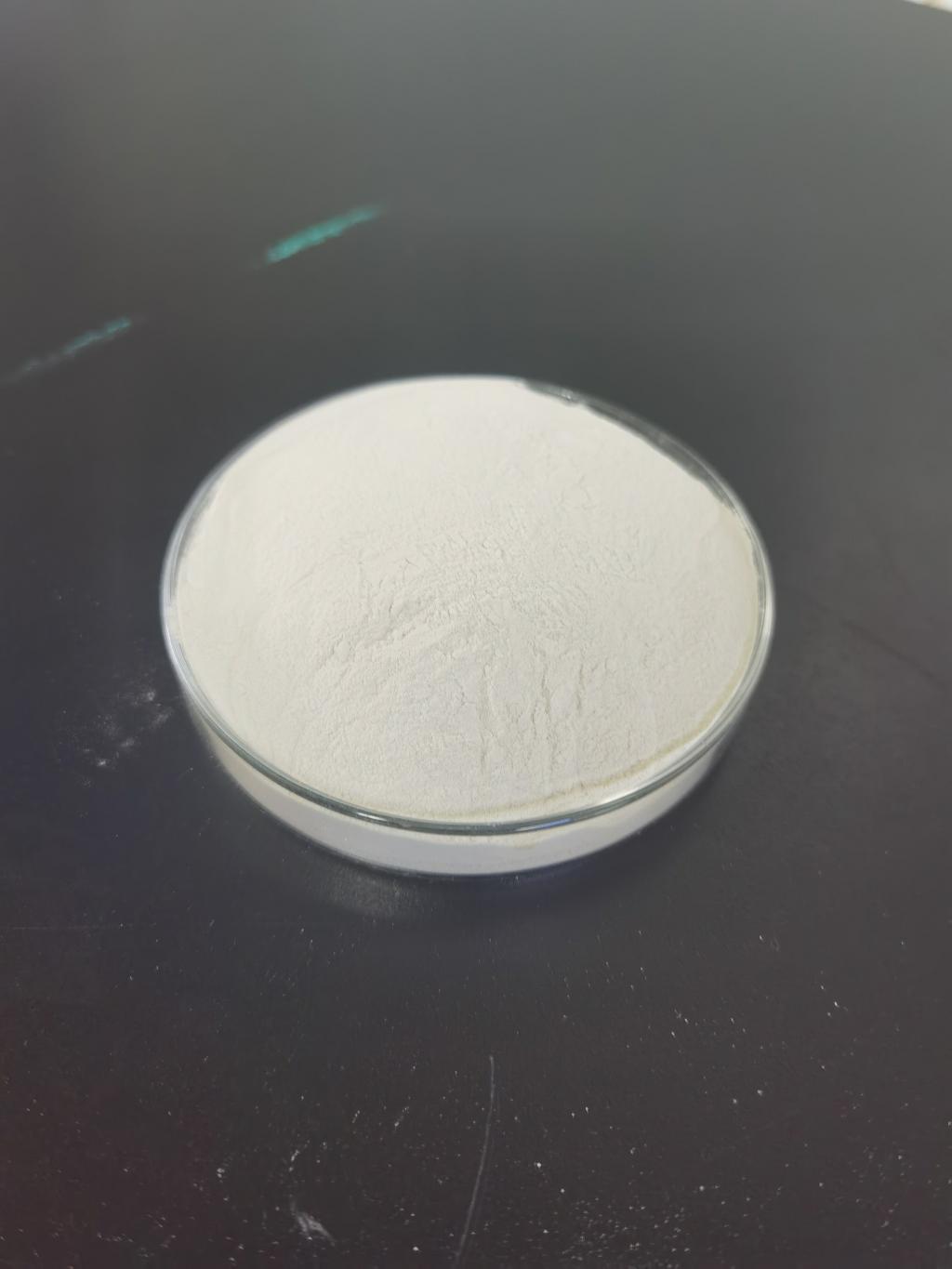Tel:+8618231198596

News
 CONTACT
CONTACT
 CONTACT
CONTACT
- Linkman:Linda Yao
- Tel: +8618231198596
- Email:linda.yao@dcpharma.cn
- Linkman:CHARLES.WANG
- Department:Overseas
- Tel: 0086 0311-85537378 0086 0311-85539701
News
Current Position:
Home >
News
>How does Nisin contribute to food safety and the prevention of foodborne illnesses?
How does Nisin contribute to food safety and the prevention of foodborne illnesses?
TIME:2023-07-13
Understanding Nisin and its Mechanism of Action:
Nisin is a bacteriocin produced by certain strains of Lactococcus lactis. It belongs to the class of antimicrobial peptides and exhibits potent antimicrobial activity against various Gram-positive bacteria, including several foodborne pathogens. Nisin acts primarily by disrupting bacterial cell membranes, leading to leakage of intracellular components and cell death. This mechanism makes it highly effective in preventing the growth and survival of harmful bacteria in food products.
Nisin's Applications in Food Safety:
a) Preservation of Dairy Products:
Nisin has been widely utilized as a natural preservative in dairy products. Its application in cheese, for example, helps inhibit the growth of spoilage bacteria and pathogens, extending the shelf life and enhancing the safety of these products. Nisin can effectively control the growth of Listeria monocytogenes, a common foodborne pathogen associated with dairy products.
b) Meat and Poultry Products:
The use of nisin in meat and poultry products has gained attention due to its potential in controlling pathogens such as Salmonella, Campylobacter, and Escherichia coli. Nisin's antimicrobial activity helps reduce bacterial contamination during processing and storage, mitigating the risk of foodborne illnesses associated with these products.
c) Ready-to-Eat Foods:
Ready-to-eat foods, including deli meats, salads, and sandwiches, are prone to contamination by various bacteria. Nisin can be employed as a natural antimicrobial agent to prevent the growth of pathogens and spoilage microorganisms, ensuring the safety and quality of these perishable products.
Benefits of Nisin in Food Safety:
a) Broad-Spectrum Antimicrobial Activity:
Nisin exhibits a broad-spectrum antimicrobial activity, making it effective against a wide range of Gram-positive bacteria. This includes common foodborne pathogens such as Listeria monocytogenes, Staphylococcus aureus, and Bacillus cereus. Its potency against these pathogens enhances the safety of food products and reduces the risk of foodborne illnesses.
b) Natural and Label-Friendly:
Nisin is a natural antimicrobial peptide produced by fermentation, which aligns with the growing consumer demand for natural and clean-label food products. Its use as a natural preservative allows food manufacturers to meet consumer preferences while ensuring the safety and quality of their products.
c) Synergistic Effects:
Nisin has been found to exhibit synergistic effects when combined with other antimicrobial agents, such as organic acids or essential oils. These combinations can enhance the overall antimicrobial efficacy and reduce the required concentration of each component, potentially reducing the risk of developing resistance.
Challenges and Considerations:
a) Regulatory Approval:
Regulatory approval and compliance vary across regions. Food manufacturers must adhere to specific guidelines and regulations governing the use of nisin in different countries to ensure its legal and safe application.
b) Resistance Development:
The potential for bacteria to develop resistance to nisin exists, as with any antimicrobial agent. However, the occurrence of nisin resistance in foodborne pathogens is relatively low. Nonetheless, prudent use, rotation with other antimicrobials, and regular monitoring are crucial to mitigate the risk of resistance development.
c) Formulation and Stability:
The stability of nisin in various food matrices and processing conditions is an important consideration. Factors such as pH, temperature, and the presence of other food components can affect its antimicrobial activity. Optimal formulation and process design are necessary to maintain nisin's efficacy throughout the food production and storage chain.
Future Perspectives and Conclusion:
Nisin has made significant contributions to food safety by preventing the growth of foodborne pathogens and enhancing the microbial stability of various food products. As the demand for natural and clean-label ingredients continues to rise, nisin's applications are expected to expand further. Future research should focus on optimizing its effectiveness, exploring new delivery systems, and addressing challenges such as resistance development. Collaboration between researchers, food manufacturers, and regulatory authorities is essential to maximize the potential of nisin in ensuring food safety and reducing the incidence of foodborne illnesses. With its proven efficacy and natural origin, nisin stands as a valuable tool in promoting safer and healthier food systems worldwide.
- Tel:+8618231198596
- Whatsapp:18231198596
- Chat With Skype







